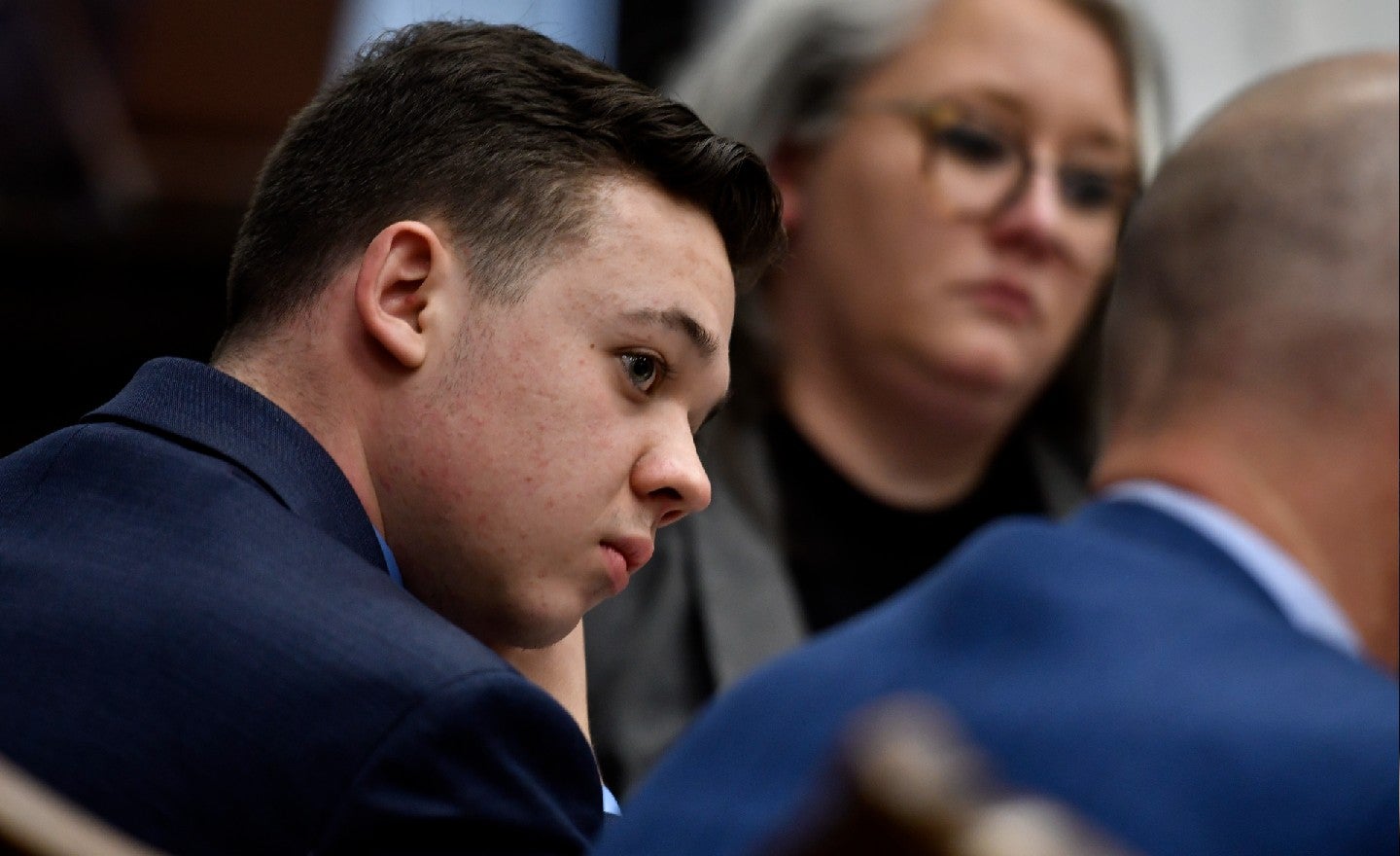
Kyle Rittenhouse was put on trial for two very different offenses. The prosecution accused him of being in the wrong place for the wrong reasons and of carrying a gun to a volatile situation. Rittenhouse’s lawyers defended him against a very different charge — namely, that he did not act in self-defense during the moments when he was confronted with a skateboard and a loaded gun.
Anyone who watched biased commentators on CNN or MSNBC would have focused on the prosecution’s charges. Anyone who watched the actual trial live would have understood that the case was far narrower and that the only issue was whether Rittenhouse reasonably feared for his life during the moments before he fired the shots that killed two men and wounded a third.
Had he been tried for the prosecution’s version of the crime, I would have judged him morally guilty. He never should have gone to Kenosha. He never should have armed himself. And he never should have gotten into a situation where he might have to use lethal force in self-defense.
But those were not the charges. And, indeed, they could not be the charges, because his actions – morally wrong as they may have been – were protected by the First and Second Amendments to the U.S. Constitution.
Had I been on this jury, I would have found him not guilty because the government failed to prove beyond a reasonable doubt that he did not act in self-defense. His testimony was believable. I believed that his tears were genuine when he testified and again when the verdict was rendered.











